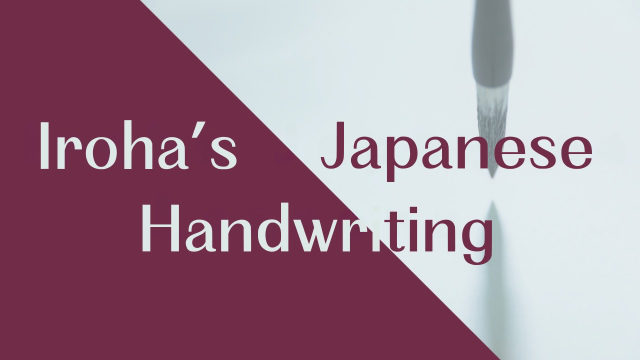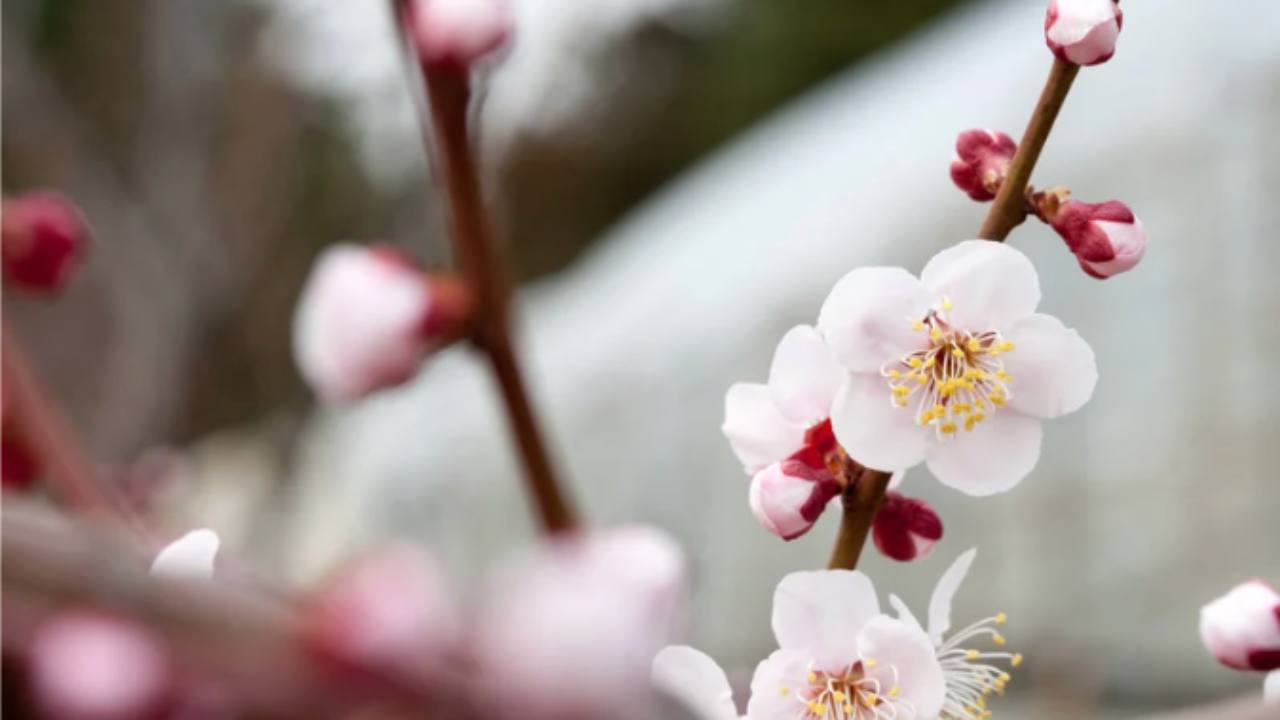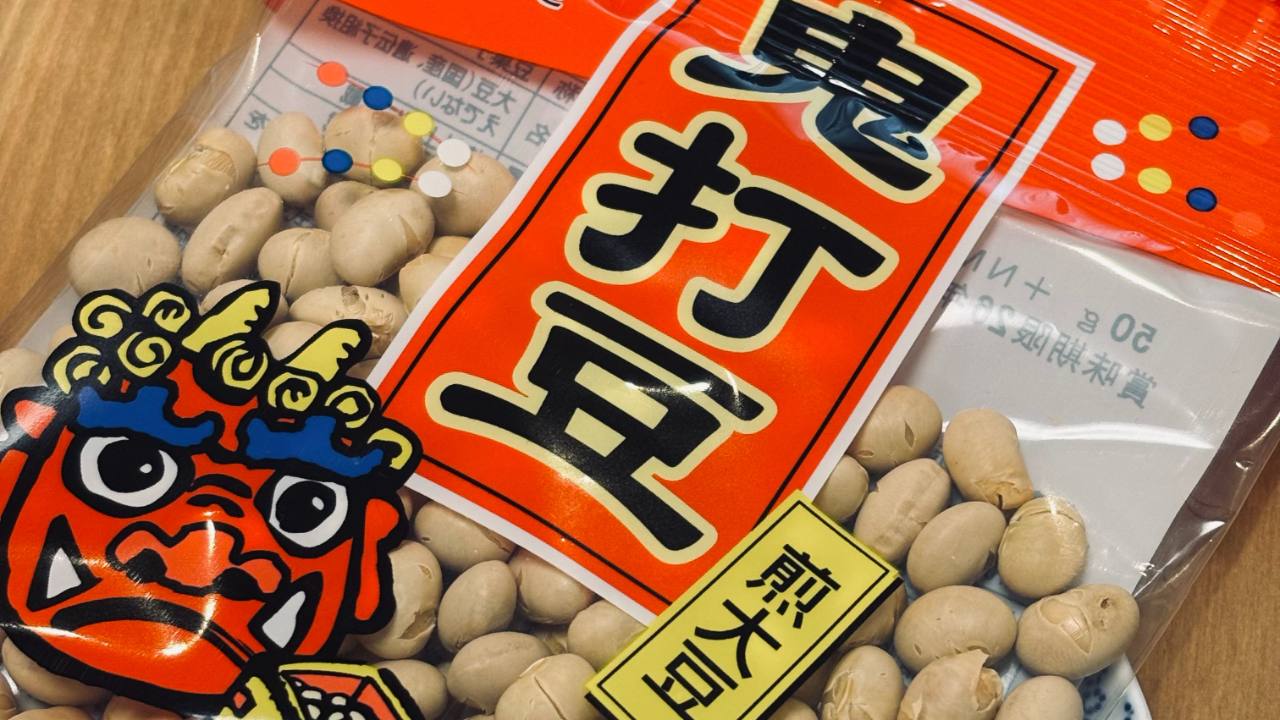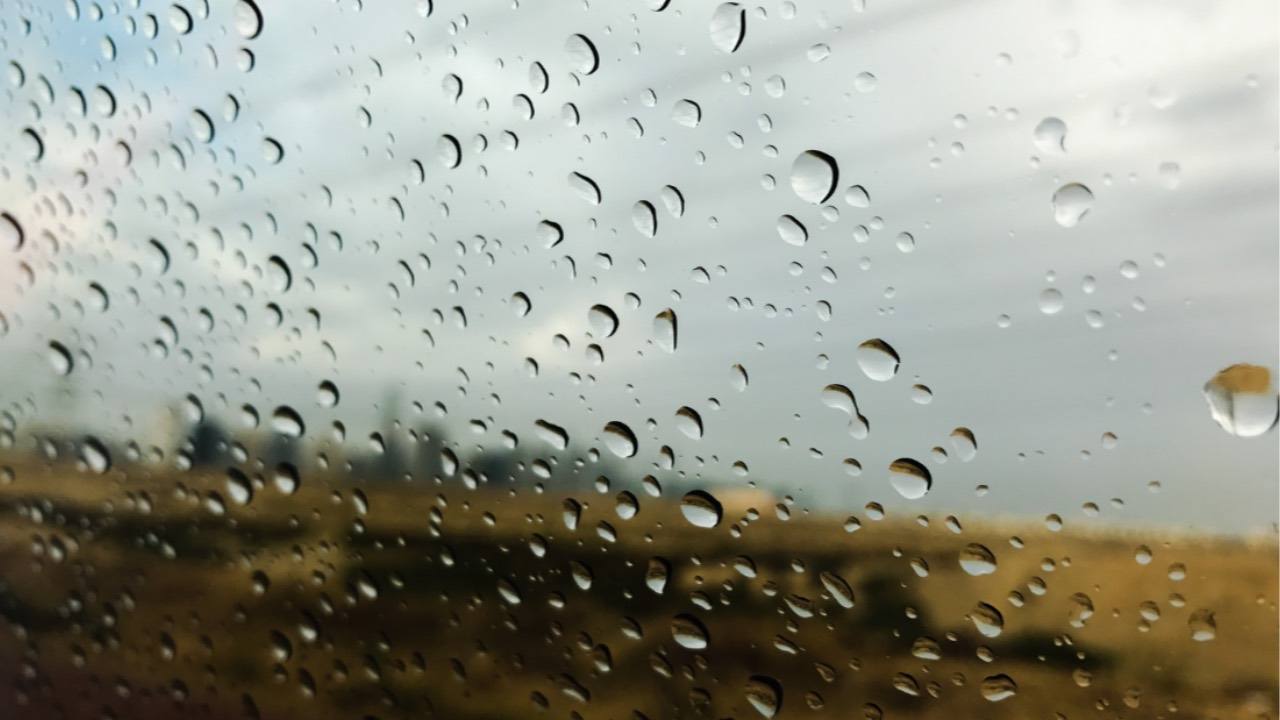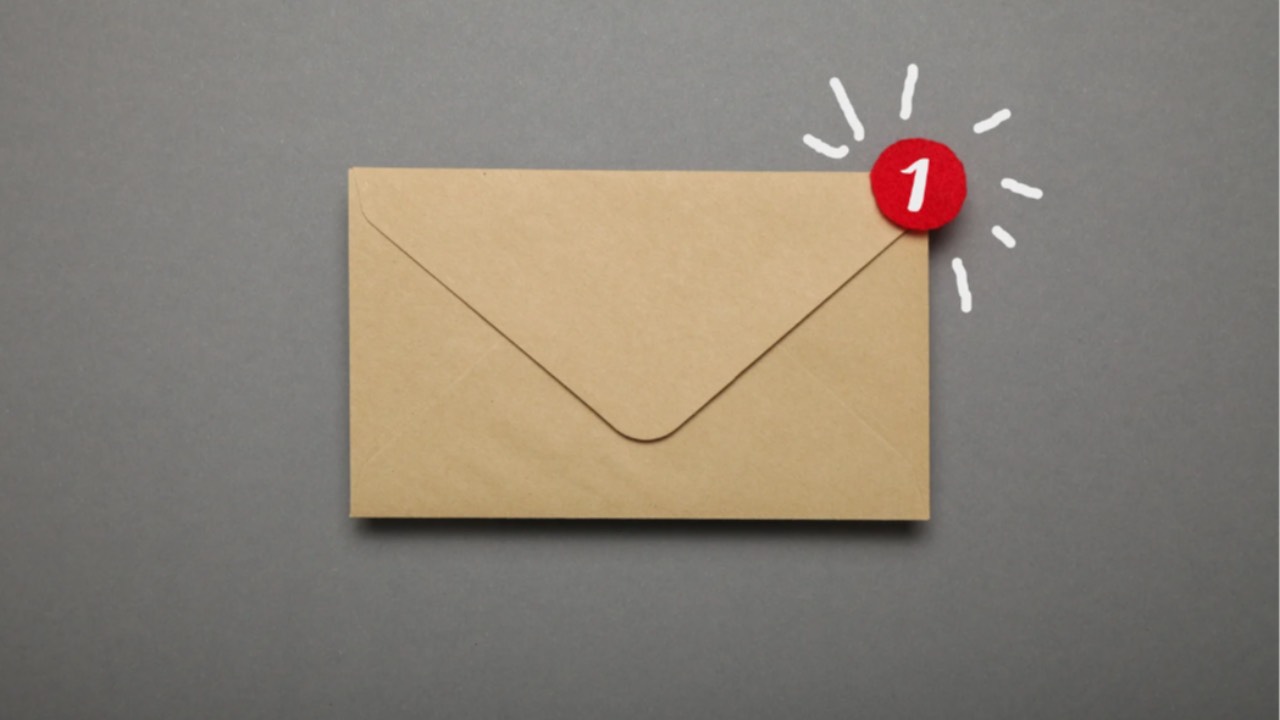日本語の文字の起源/The origin of Japanese characters
こんにちは、いろはです。
昨日、面白い本を読み始めました。
『日本語の歴史』山中仲美 著(岩波新書)
Hello, this is Iroha.
Yesterday, I found myself reading a fascinating book:
“The History of the Japanese Language” by Nakami Yamanaka (Iwanami Shinsho)
まだ読みかけなのですが、日本語と日本語の文字について、細かく解説されていてとても面白いんです。
I haven’t finished it yet, but it’s already proving to be a truly engaging read.
It explores the Japanese language and its writing system in great detail—and it’s full of surprises!
今日は、その中から少しご紹介しますね。
Let me share a little with you.
日本語には、文字がなかった?
日本語という言語は、長い間、文字を持たないまま存在していました。
Japanese, a Language Without Letters?
For a long time, the Japanese language existed without any writing system at all.
飛鳥・奈良時代(6世紀〜8世紀)に中国から書物が伝わってきたことで、「書くこと」の重要性が日本でも認識され、そこで初めて、漢字(中国の文字)が日本に導入されることになったのです。
It wasn’t until the Asuka and Nara period (6th-8th century) that books from China began arriving in Japan, sparking interest in the importance of writing.
That’s when kanji (Chinese characters) were introduced to Japan.
よく「日本語は中国語から生まれた」と思っている方もいますが、それは誤解です。
日本語は、漢字が伝わるよりも前から存在していた、独立した言語であり、
その言語の体系は、中国語とはまったく異なります。
Sometimes, people assume that Japanese came from Chinese, but that’s not quite right.
The Japanese language already existed independently long before kanji were introduced around the 5th century.
The two languages are completely different in grammar, sound, and structure.
全く違う言語に、同じ文字を使うということ
その全く違う言語に、中国語の「漢字」を使って、日本語を書こうとしたのが日本人でした。
当然ですが、かなりの苦労があったようです。
So what did the Japanese do?
They borrowed Chinese characters to try and write down their own, completely different language—Japanese.
And, as you can imagine, it wasn’t easy.
一文字に複数の読み方
そして、ある興味深いことが起こります。
たとえば、日本語の「やま」という言葉に、中国語で“山”を意味する「山(シャン)」という文字を当てました。
すると、この「山」という文字が、日本語の中で「やま」と読まれたり、「さん」と読まれたりするようになったのです。
The Mystery of Multiple Readings
Here’s where it gets interesting:
To write the Japanese word yama (meaning “mountain”), the Chinese character 山 (shan in Chinese) was used—because it had the same meaning.
But once that character appeared in Japanese writing, it could be read as “yama” (the native Japanese word),
or as “san” (the original Chinese pronunciation, adapted into Japanese).
漢字の「音読み」と「訓読み」
ここから生まれたのが、漢字の「読み方が複数ある」という現象です。
-
訓読み(くんよみ):日本語にもともとあった読み方(例:やま)
-
音読み(おんよみ):中国語の発音を日本語に取り入れた読み方(例:さん)
"On'yomi" and "Kun'yomi" of Kanji
This is how we ended up with two types of readings for kanji:
-
Kun’yomi – the native Japanese reading
-
On’yomi – the reading derived from Chinese
一つの文字に複数の読み方があるなんて、ややこしいですよね。
実際、日本人でも「意味はわかるけど、読み方がわからない」ということはよくあります。
Yes—it’s confusing! Even for native Japanese speakers, it’s not unusual to understand a kanji’s meaning but be unsure how to pronounce it.
もちろん、これはとても簡単にした説明なので、実際はもっと複雑なのですが、
日本語という言語の面白さ、少しでも伝わったでしょうか?
ご希望があれば、こうしたお話も少しずつ続けてご紹介していこうと思います。
– いろは
This is a simplified explanation, of course—the real history is even more complex.
But I hope this gives you a small glimpse into what makes the Japanese language so rich, layered, and endlessly fascinating.
Would you like to learn more about this in future newsletters?
– Iroha
